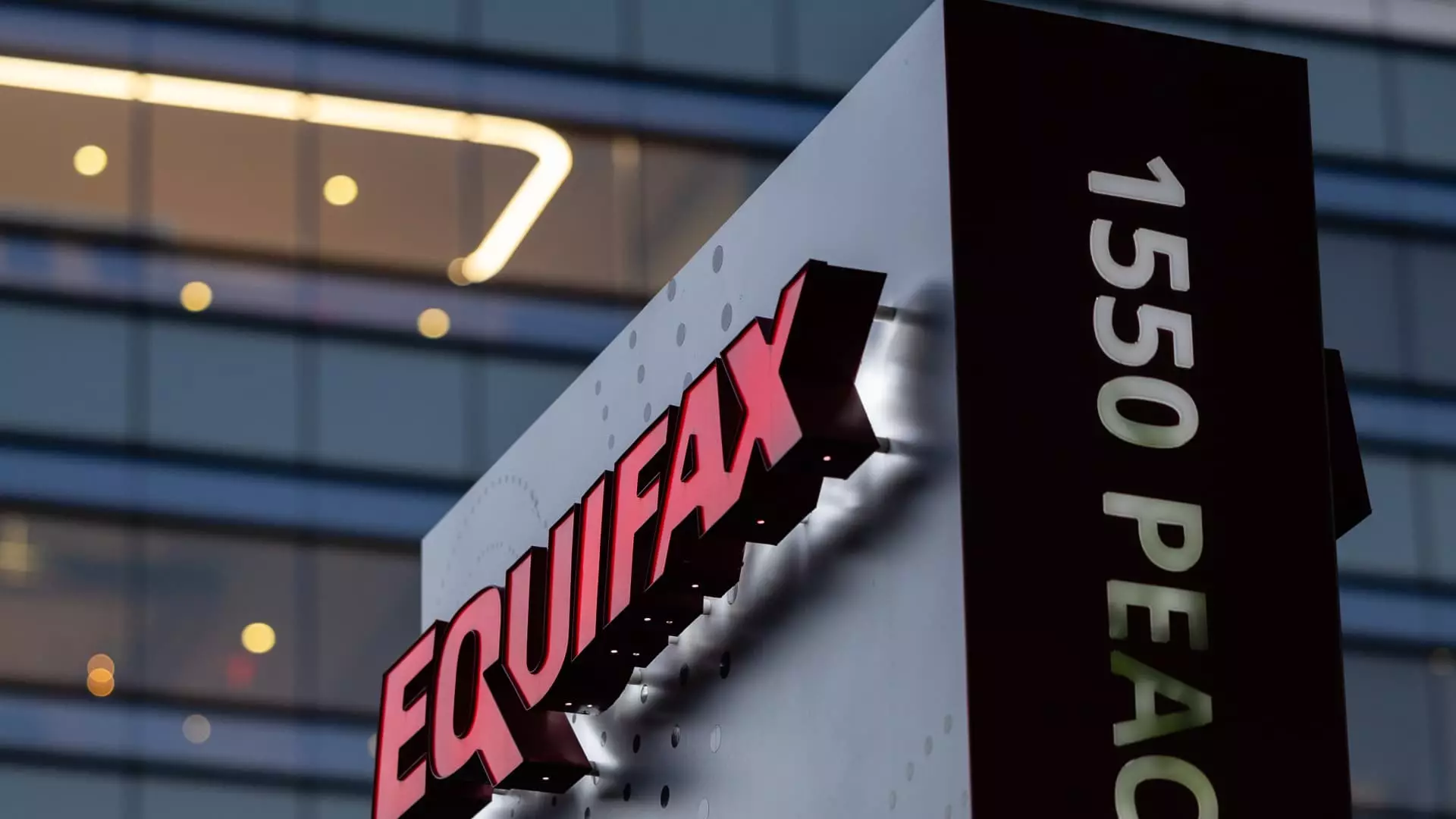In a recent decision, the Consumer Financial Protection Bureau (CFPB) imposed a hefty $15 million fine on Equifax, one of the leading credit reporting agencies in the United States. This ruling stems from a series of significant failures in handling consumer credit reports, which ultimately raises critical questions about the integrity of credit reporting systems and the broader implications for consumers.
The CFPB’s investigation revealed that Equifax had actively ignored critical consumer documentation related to disputed information. Such negligence resulted not only in the persistence of inaccuracies within credit reports but also highlighted the troubling reality that previously corrected errors were allowed to resurface. The CFPB’s order noted that consumers often received perplexing communication regarding the outcomes of their disputes, leading to confusion and further mistrust in the system. Given that Equifax processes around 765,000 dispute cases every month, these shortcomings create significant obstacles for millions of Americans seeking justice in their credit histories.
One of the most alarming aspects of this scenario is the flawed software utilized by Equifax, which contributed to inaccuracies in consumers’ credit scores. Such systemic issues have far-reaching consequences, adversely affecting individuals’ ability to secure loans, find employment, or even rent housing. Adam Rust, who leads the financial services sector at the Consumer Federation of America, emphasized the dire repercussions of these inaccuracies, characterizing them as limiting fundamental personal and financial opportunities.
Despite the significant fine, Equifax aims to turn a new leaf. Following the CFPB’s announcement, a spokesperson for the company indicated that they have committed over $1.5 billion to refine their technological infrastructure and dispute resolution processes. However, serious skepticism remains around whether these investments will lead to meaningful changes. While Equifax’s claim to be prioritizing consumer welfare and striving to minimize errors is commendable, the history of consumer abuse and negligence leaves a lingering distrust among the public.
This concern isn’t isolated to Equifax. The credit industry has historically faced scrutiny for similar allegations of lax investigative procedures. Experian, another major credit bureau, finds itself embroiled in its own legal battles, facing accusations of performing “sham” investigations into disputed credit errors. Chi Chi Wu from the National Consumer Law Center reflects on the long-standing nature of these issues, arguing that the problems identified are not new but part of a pervasive pattern within the credit reporting landscape.
The Importance of Regular Credit Monitoring
In light of this situation, the importance of actively monitoring one’s credit report cannot be overstated. Adam Rust advises consumers to examine their credit reports at least annually and before significant financial decisions—like applying for credit or a job. This proactive approach is essential to safeguard against inaccuracies that could lead to financial difficulties. The recommendation is clear: consumers should validate their personal information, such as addresses and Social Security numbers, as well as verify account statuses and balances. This practice is a foundational component of financial literacy and responsibility.
Moreover, it is essential to clarify that a credit report and a credit score are distinct entities. The latter is simply a numerical representation generated based on the information in the credit report. A sudden fluctuation in one’s credit score warrants a deeper investigation, as it may signal underlying issues that require prompt remediation.
In instances where errors are identified in credit reports, consumers should take action. The CFPB recommends submitting disputes in writing and including supporting documents for the best chance of resolution. This process is best facilitated through mail, providing a tangible reference point and increasing accountability from the credit bureaus. If necessary, filing a complaint with the CFPB and local attorney general’s office can further amplify the consumer’s voice.
For persistent issues that remain unresolved, consulting with a legal expert may be advisable, particularly if the error results in financial harm. While suing may not be practical for every situation, instances where the cost of loans is inflated due to credit reporting mistakes warrant serious consideration of legal action.
The Equifax case underscores the pressing need for reform within the credit reporting industry. The systemic issues that have emerged highlight the disconnection between credit bureaus and consumers. Regulatory bodies must enhance oversight to ensure these agencies uphold their responsibility to the public. Moving forward, greater transparency, accountability, and consumer protection measures are essential to restoring faith in the credit reporting process and ensuring that consumers are treated fairly and justly. Ultimately, amplifying consumer voice, investing in technology, and prioritizing accuracy are crucial steps in ensuring that financial institutions serve the best interests of the public.

